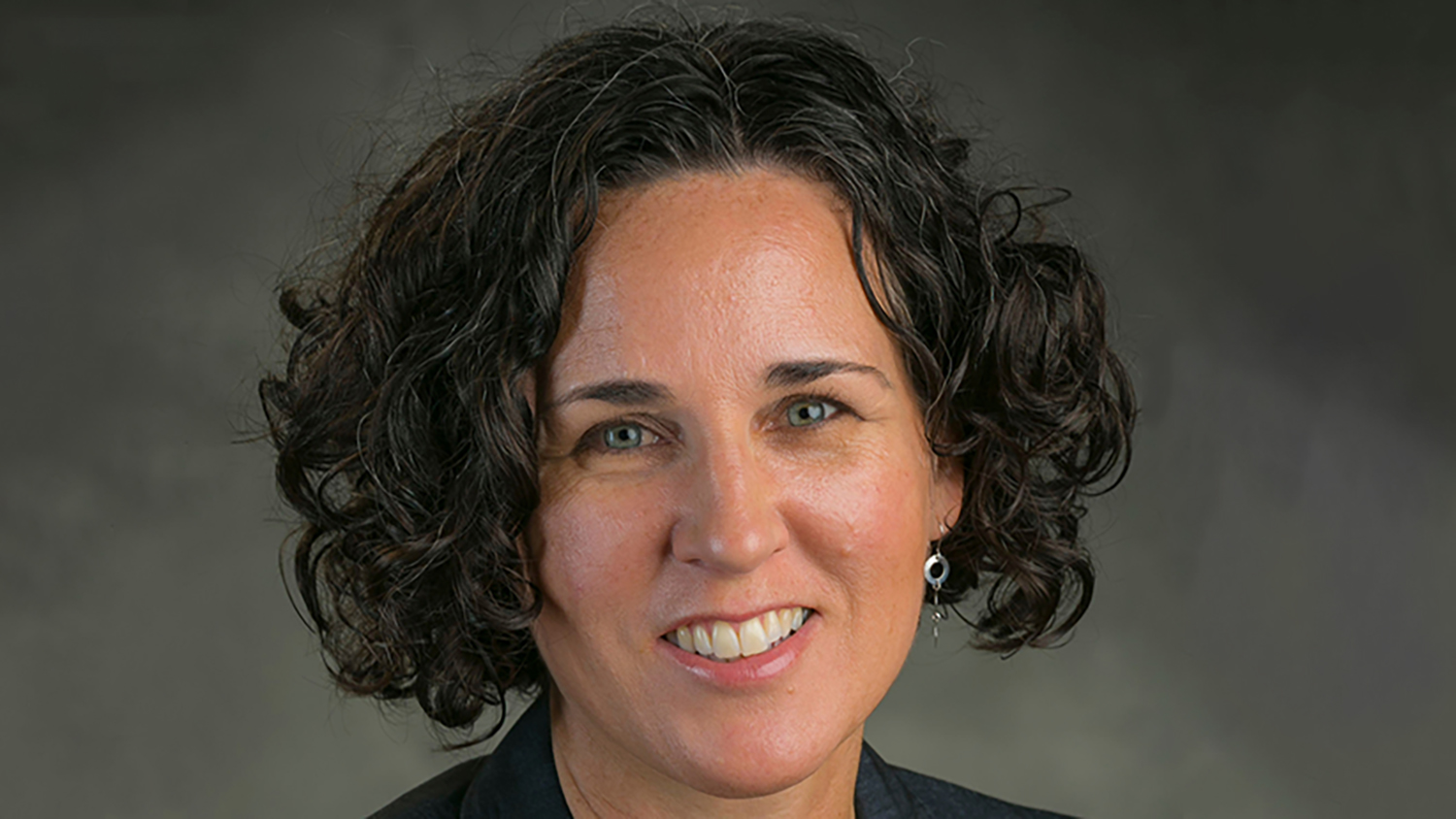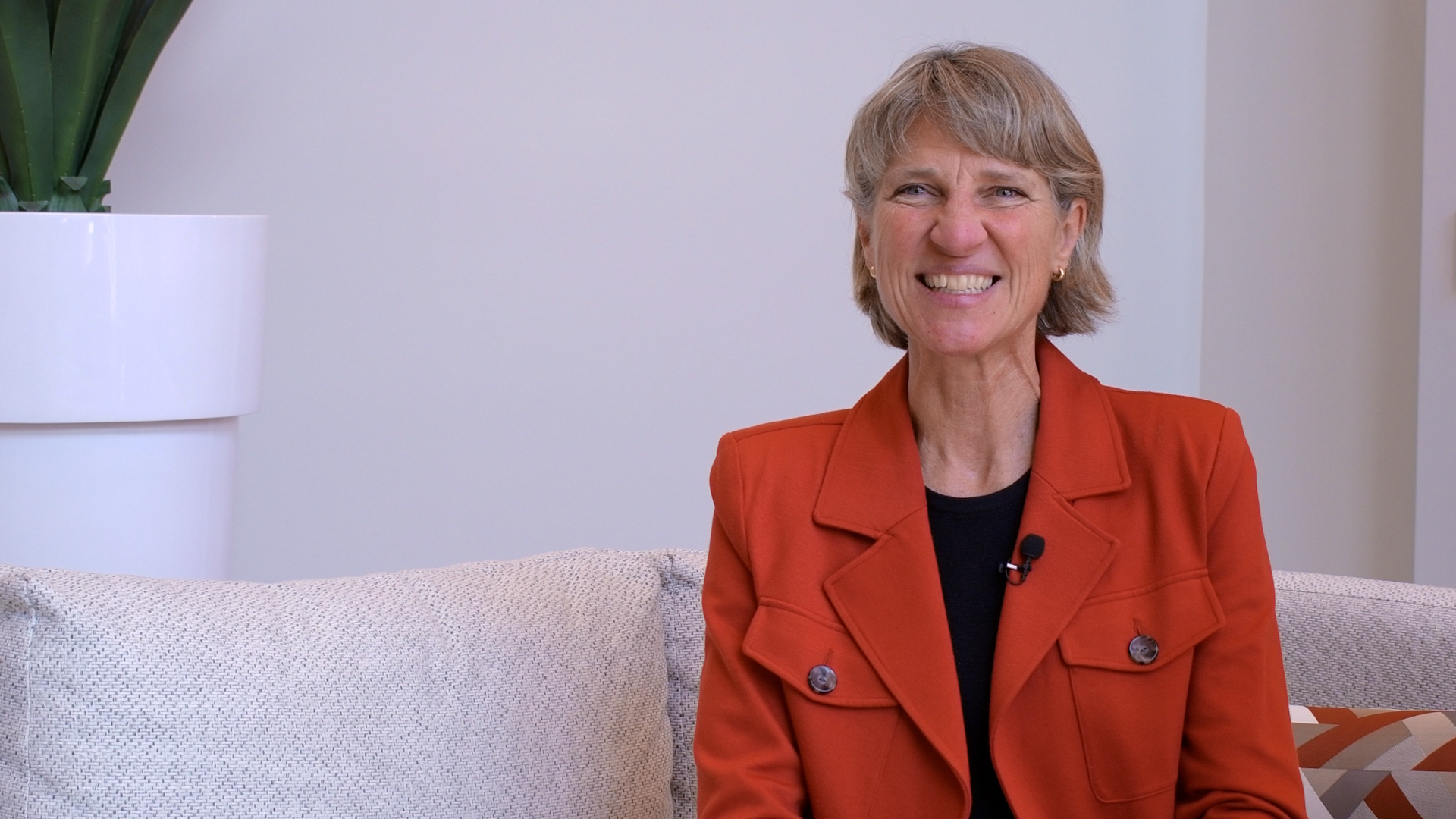Grant-funded Project Will Allow Assistant Professor Paula McAvoy To Help Teachers Engage Students in Productive Classroom Discussions

Paula McAvoy, Ph.D., assistant professor of social studies education at the NC State College of Education, will help educators bring discussion into their classrooms as a teaching tool through her latest grant-funded project.
“Measuring the Impact of the Deliberative Discussion Model,” a 22-month, $92,600 project funded by the nonprofit Street Law, Inc., will train a cohort of 30 high school teachers to use the Deliberations strategy designed to engage students in productive civil conversations across differences.
The Deliberations strategy, a modified version of the Structured Academic Controversy strategy, begins with students reading background information about an issue before working in pairs to develop short presentations that focus on the “best case fair hearing” for one side of the issue. Next, two pairs who prepared presentations focused on opposing sides of the same issue come together to share their work. The process culminates with all four students holding a discussion to develop a consensus statement about the issue.
McAvoy said she has frequently taught this method, which she refers to as the “slow thinking strategy,” in her social studies classes and professional development courses for teachers.
“Rather than first asking students what they think about a proposal, the protocol requires them to read about and then listen to multiple points of view before forming an opinion. This is also a much more collaborative approach to discussion that encourages finding some common ground,” she said.
[spotlight-box label=”” img=”” heading=”Ask the Expert: Discussing Political Issues in the Classroom” cta=”Read More” url=”https://ced.ncsu.edu/news-new/news/2019/12/03/ask-the-expert-can-i-discuss-the-impeachment-inquiry-in-my-classroom-assistant-professor-paula-mcavoy-shares-why-discussion-is-an-important-learning-tool/”]In December, Assistant Professor Paula McAvoy shared why she believed teachers shouldn’t shy away from discussing political issues, like the impeachment of President Donald Trump, in their classrooms. Read more about why she said discussion can be an important learning tool and see her suggestions to help teachers who are struggling to bring political issues into the classroom. [/spotlight-box]
Teachers will be trained by Street Law to use their Deliberative Discussion Model and a set of classroom resources. During the study, the cohort of teachers will each engage one of their classes in four separate deliberations over the course of one month. Topics for the discussions range from issues like raising the minimum wage to banning assault weapons.
“Many teachers avoid bringing these sorts of issues into their classes because they worry that students will not be able to respectfully engage, and some think students actually learn more from lecture or written work,” McAvoy said. “It would be great if we were able to find that these sorts of structured discussion strategies showed that students learn the material better and that discussion mitigated some of the expected effects of political polarization.”
McAvoy’s previous research has demonstrated that students find classroom discussions to be highly engaging. Additionally, studies show that students who experience these activities report that they are more interested in politics and more likely to engage in political discussions outside of a classroom setting.
Through the current project, McAvoy and her co-principal investigator, Gregory E. McAvoy, Ph.D., of the University of North Carolina at Greensboro, will study whether engaging students in civil discourse changes their views on the issues addressed or their dispositions related to democratic deliberation.
Since participating teachers and students will come from rural, suburban and urban communities that hold views that span the political spectrum, McAvoy will also be able to use data from the project to determine how response to the Deliberative Discussion Model differs based on the political makeup of the class.
“One thing we’ll be able to do in this study is look more precisely at how students’ views change in response to this discussion strategy and whether they become more informed,” she said. “We will also be able to see whether the strategy has different effects when students are in ideologically like-minded or diverse schools.”
Following completion of the study, results will be published and disseminated among the civic education and political science communities with the goal of helping more educators understand the impact of introducing discussion in their classroom.
- Categories:


